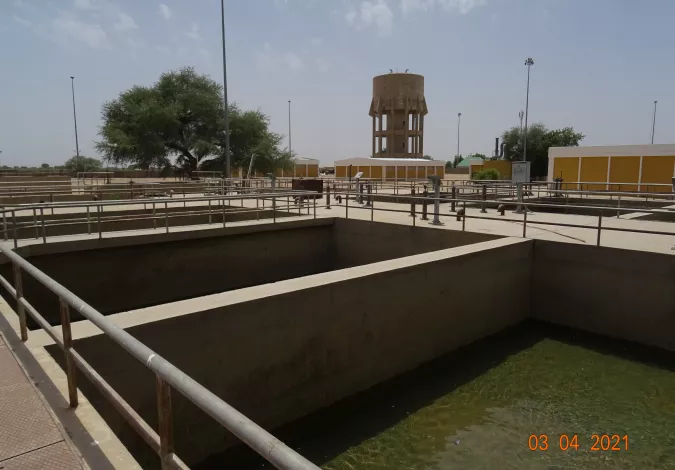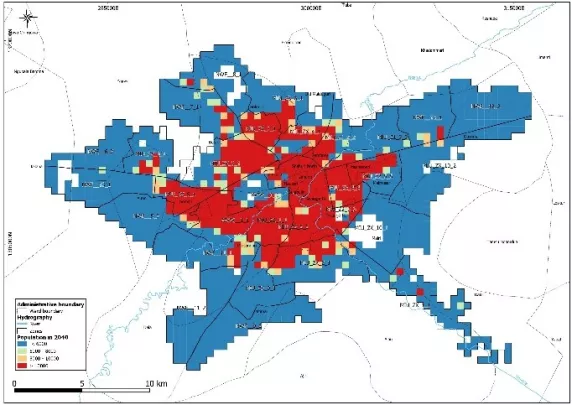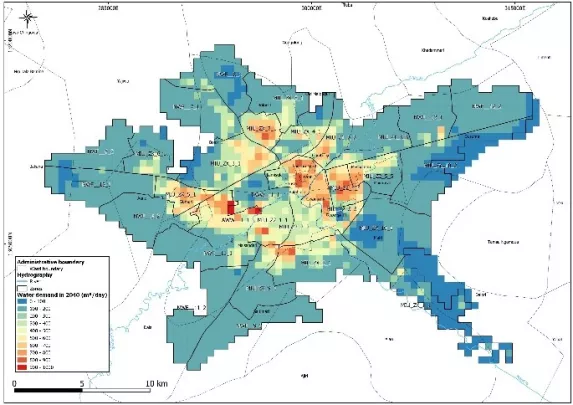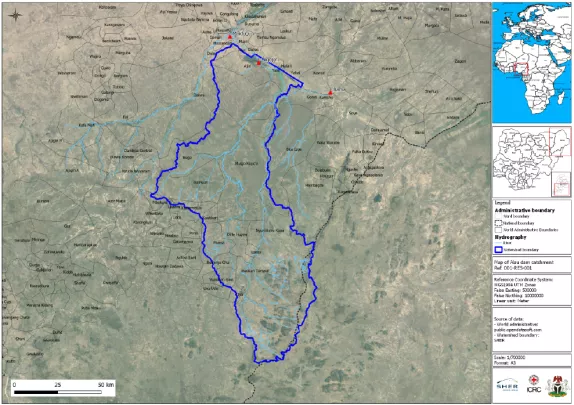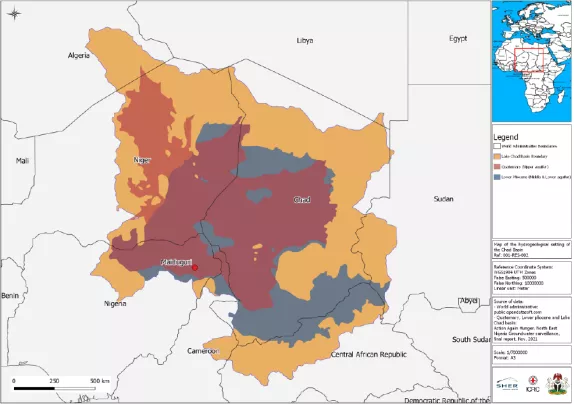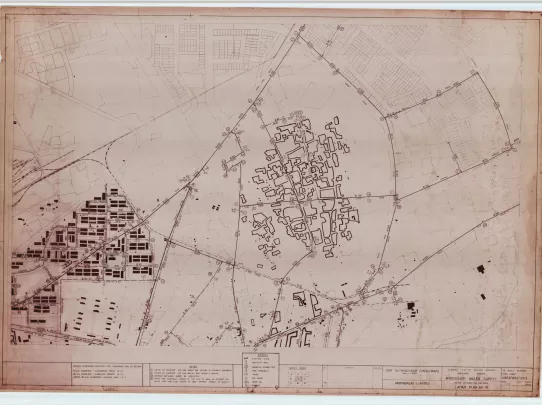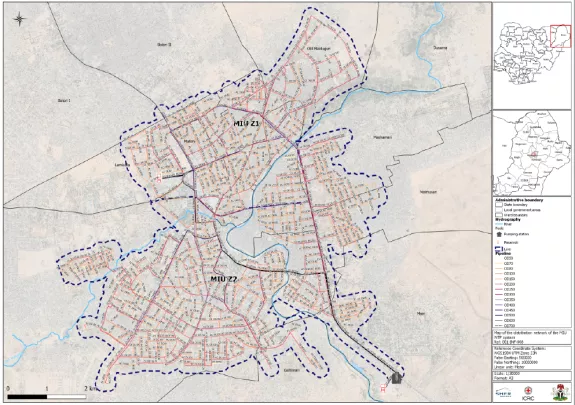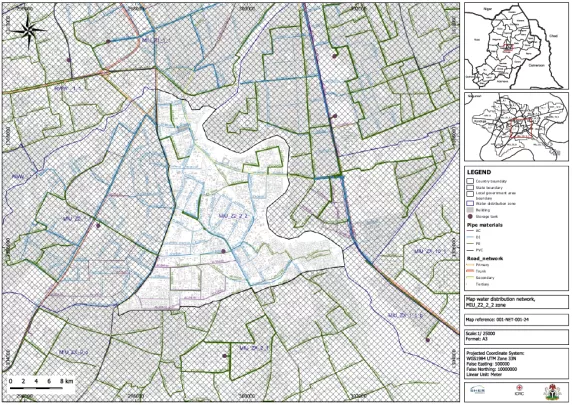Context of the project
The city of Maiduguri, the hub of Borno state, stands on the border with Sahel, where water resources are of paramount importance. The city, which is growing at an impressive demographic rate in Nigeria, is also experiencing an influx of citizens taking refuge in the city walls in an attempt to flee the insidious conflicts in the region that are being waged by terrorist groups. It is in this context of massive population expansion that the International Committee of the Red Cross (ICRC) is aiming to rapidly develop the urban drinking water supply infrastructure in order to improve the health conditions of the population.
As part of this assignment, SHER Ingénieurs-Conseils undertook the following activities:
- Assessment of the city's current and future demand for drinking water through the development of GIS tools and models for population growth and migration
- Qualitative and quantitative assessment of water resources, including a hydrological study of Lake Alo in the light of different climate change scenarios, and a hydrogeological study of the 3 different aquifers buried beneath the town
- An inventory and a diagnosis of the existing drinking water infrastructure based on old geo-referenced maps, combined with a field validation campaign. The distribution capacity of the modelled network was used to identify the gaps that need to be filled to satisfy current demand
- Based on the diagnosis of the infrastructure and the availability of the resource, various scenarios for extending the network have been proposed to meet the growth of the city's population between now and 2040
- Phased and budgeting planning appropriate to the chosen scenario, including the sizing and the rehabilitation of treatment plants, storage facilities, the pumping system and the distribution network.
